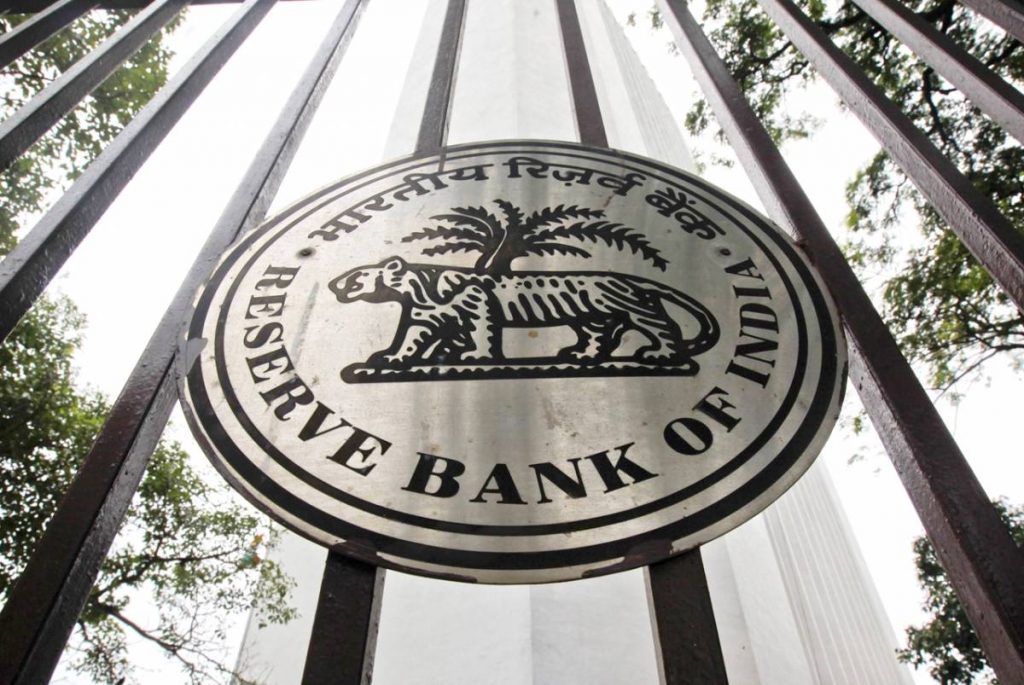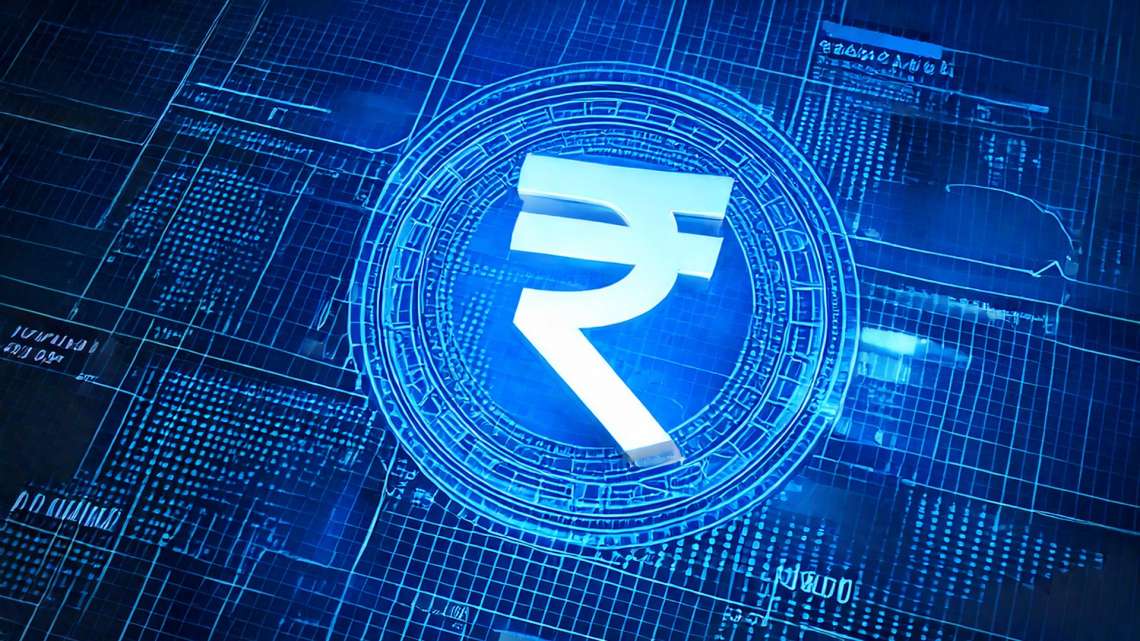The development comes just a month after the Committee of Creditors (CoC) of DHFL voted in favour of Piramal’s bid with 94 per cent votes and approved its resolution plan….reports Asian Lite News
The Reserve Bank of India (RBI) has given nod for the takeover of Dewan Housing Finance Corporation Ltd (DHFL) by Piramal Group.
The development comes just a month after the Committee of Creditors (CoC) of DHFL has approved Piramal’s bid with 94 per cent votes and its resolution plan.
“We understand that the RBI has approved the DHFL resolution plan from Piramal Capital and Housing Finance, submitted by the CoC,” said a statement by Piramal Group.
Now, the proposed takeover requires the approval of the National Company Law Tribunal.
The other major contender for the debt-ridden NBFC was US-based Oaktree Capital which secured around 45 per cent of the votes from the lenders in the voting process last month.
The total offer of Piramal was Rs 37,250 crore, compared to Rs 38,400 crore offered by Oaktree. However, Piramal had offered higher upfront cash payment.
The total dues of DHFL stand at around Rs 90,000 crore.
Piramal, in its bid, has offered an additional amount in the resolution process to fixed deposit holders, over and above what the CoC offers them through the IBC resolution.









